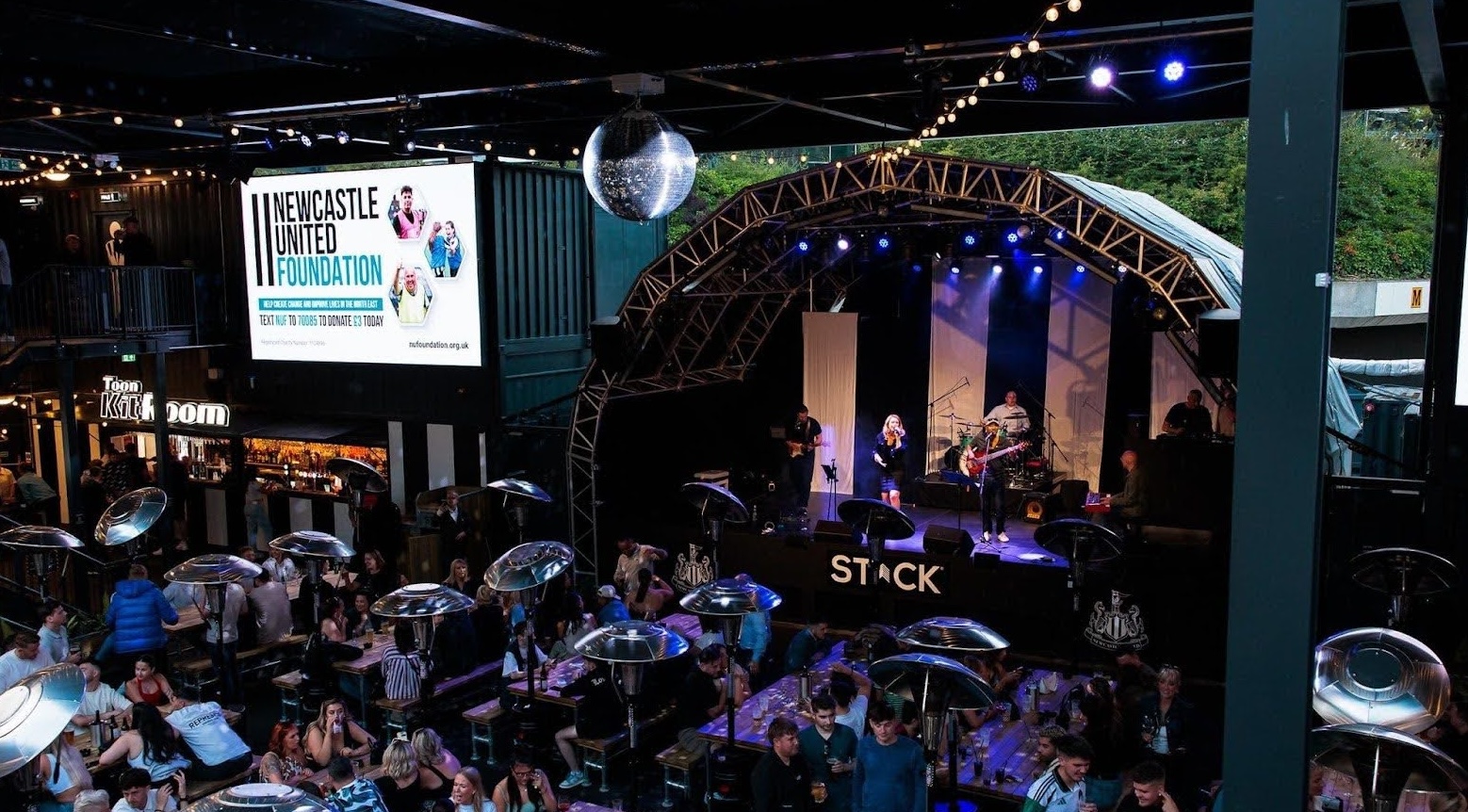
Brit Awards Progress One Step Forward but Regress Back to the Dark Ages
This year’s Artist of the Year award category isn’t just dominated by male artists, it’s filled entirely with them. Not a single female artist in sight. How is this even possible?
After being excluded from both the best British male and female categories when he came out as non-binary in 2019, Sam Smith said, “I look forward to a time where awards shows can be reflective of the society we live in. Let’s celebrate everybody, regardless of gender, race, age, ability, sexuality and class.”
While last year’s inaugural Best Artist was scooped by Adele, beating out the likes of Ed Sheeran, Dave and Sam Fender, this year not a single female is to be found. In fact, out of the 70 stars who were eligible to be nominated for the prize, just 12 were female.
The five nominees chosen for this year’s gong are Harry Styles, Stormzy, George Ezra, Central Cee and Fred Again. No room then for chart topping Florence + The Machine. Or her fellow 2022 Number One holder Charli XCX, who also dropped one of the albums of the year. Even Ella Henderson, with her top 10 album, appearances on a further couple of top 10 singles AND Ivor Novello award nomination, couldn’t bag a spot among the five nominees.
How is this possible? Bear in mind, an artist must have achieved at least one Top 40 album or two Top 20 singles during the eligibility period of 10th December 2021 to 9th December of last year to be eligible for nomination. So, aside from the previous female acts already mentioned, the likes of Rina Sawayama, Beth Orton, Emeli Sandé, Mabel and KT Tunstall could have all been nominated too.
What sort of message is this exclusion sending to the potential pop stars of tomorrow if they don’t happen to identify as male? That the deck is stacked against them from day one and all acts of ‘progression’ are merely hollow, flippant bullshit gestures?
This isn’t a shot at any of the male acts nominated. But it is a very strong acknowledgement that they operate in an industry where things work monumentally more in their favour, thus making success far more likely based entirely on their gender than if they were a woman or non-binary.
In response to the ensuing outrage, a spokesperson from the British Phonographic Industry - the trade body of the British music industry that run the awards - said the void of women among the nominees was ‘disappointing’, adding, “We also have to recognise that 2022 saw fewer high-profile female artists in cycle with major releases as was the case in 2021".
“We are already carrying out a major study to identify barriers that may inhibit more women becoming successful in music, so that there can be solutions that result in meaningful change”.
‘Fewer high-profile female artists’ surely doesn’t mean absolutely none, though? If anything, this statement only confounds the ignorance and prejudice at play, here.
We await the results of their ‘major study’ with baited breath. In the meantime, we’re going to listen to that Charli XCX album again.
Related news


.jpg)
.jpg)

.svg)

